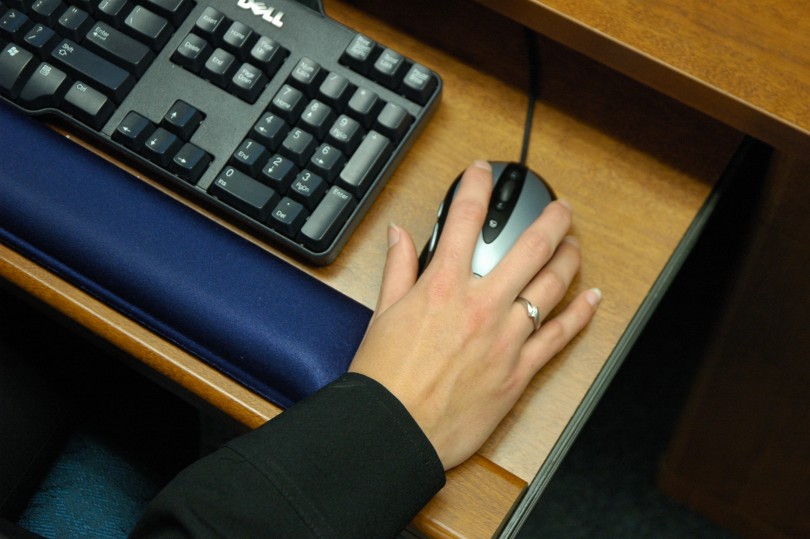Your computer has a virus.
That’s a message no one wants to see.
It’s often phishing, where some outfit wants you to pay for software that may or may not do anything (and might itself be the malware).
Nevertheless… your computer has a virus.
And your antivirus software cannot detect it.
The “Virus” on Your Computer
You run the risk of encountering this virus every time you do one of the following:
- Respond to an incoming email
- Use Google or Bing
- Use Facebook or Twitter or Snapchat or….
These are great programs, but each contains a virus designed to steal your most precious jewel – your time. Indeed, they are for the most part brilliantly designed to do exactly that – occupy your time.
To be clear, this is one virus that was not created with malicious intent. Its predacious nature is a by-product.
That doesn’t make it any less hazardous to your daily goals.
Every time you lose focus because your email offers a popup, or you think of a cool search, or you wonder what your friends are up to, you are ceding control of your central nervous system to an outside agency. You are putting a barrier on your path to a day of accomplishments, a day where you get through all of the important tasks on your plate, a day where you get to go home not just on time but feeling good about yourself. You are, in effect, your own virus.
It’s not just that these sidetrack journeys add up, though they do. Rather, what really hurts is the loss of focus, of flow on your core tasks and your important must-dos. Studies show that even a tiny interruption, such as glancing at an email “toast” (the translucent blue Outlook thingy that ghosts into view on receipt of an email) can easily cost fifteen minutes in lost productivity. That’s not fifteen minutes of zero productivity, but rather time where you are no longer working at full efficiency… and don’t realize it.
But even if fifteen minutes per interruption is an outside case, the more normal one to two minutes of time effectively lost per interruption adds up quickly. Twenty emails that catch your glance – boom! There goes half an hour that you could have spent more productively. You go home thirty minutes late, out of sorts, frustrated that you just can’t seem to get as much done as you think you should.
Great. But Office Life Is Full of Interruptions
So what can you do?
Throw up your hands, I suppose. Whine a bit.
Or take charge of your in-office time. Build a sane work-work balance.
I’ll write more about this in future columns, but for now, try two things.
First, close your browser. No, wait! Finish reading the column! Then close it when you begin a focused task. (Some tasks require the cloud and browser access, so start with those that don’t.) If the browser’s not there in front of you, if you have to wait three or four seconds for it to open, you won’t be nearly as tempted to sidetrack yourself with an, “Oh, I’m just curious about….” Put this small barrier in front of your distractions, and you’ll be much less tempted to slip into them.
Second, in your email options, turn off the Desktop Alert (the toast) and the sound for new mail. You can still check your inbox every minute if you want, but at least you’ll be checking it when you choose, not when some random event demands your attention. It won’t be long before you are going five or even ten minutes without looking at email – and using that time to get more work done. That’s not enough, but it’s a good start.
Email interruptions – and the need to be perceived as responsive – are complicated topics that occupy a good portion of my book The Off Switch. There’s a lot more to good email habits than this simple start, but the journey of a thousand miles starts with a single step.
I think Stevenson said that. Or was it Twain? Excuse me while I look it up.
(Only kidding. I don’t care who said it, and I’m not going to look it up. And don’t you get distracted either.)
(Oh, fine. It’s usually attributed to Lao-Tzu.)







